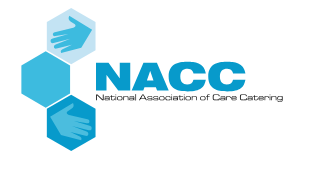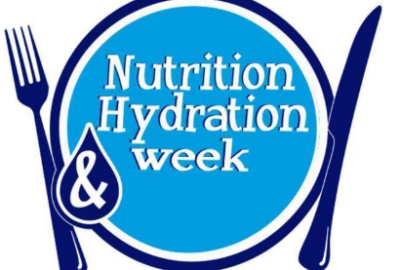With only four months to go until the most significant development in apprenticeship funding kicks in, Jill Whittaker, managing director of HIT Training – the largest specialist provider of training and apprenticeships to the UK hospitality industry – provides the low-down on the Apprenticeship Levy and what it means for those who won’t pay the tax…
“In April this year, the Apprenticeship Levy will come into force. This may sound a touch dramatic, but it is the biggest change to apprenticeship funding in a generation! The levy – designed to fund three million apprenticeships by 2020 – means organisations with an annual pay bill of £3million or more will pay 0.5% of their payroll amount to the initiative. This presents a big opportunity for companies of all sizes to provide quality training to employees at all levels, a move which can have substantial benefits for the hospitality sector.
It’s expected that less than 2% of companies will be required to make the payments, which may leave many operators thinking that the legislation doesn’t apply to them. However, smaller organisations will benefit from more structured training programmes and the flexibility for employers who will now have greater control over their apprenticeship programme. Non-levypaying employers will be required to pay 10% of training costs – the government invests the remaining 90%. For companies that have fewer than 50 employees and who take on apprentices under 19 (or those aged 19-24 who are care leavers or who have special educational needs), 100% of training costs will be covered.
catering and hospitality industry
In the catering and hospitality industry, the Apprenticeship Levy will go a long way towards building the skills of the next generation. I would describe it as a game-changer in the way apprenticeships are administered – allowing employers more influence and movement over the qualifications they offer. Courses will soon go right the way through to degree equivalent – there are currently qualifications available for management and higher-level apprenticeships, allowing everyone who has a genuine training need to receive the help they require to develop their careers, and hospitality businesses the chance to fill any skills gaps.
Even if businesses won’t be paying the levy, preparations for April 2017 still need to be made in order to ensure the benefits are received. It’s about making sure operators arm themselves with as much information as possible, to develop strategic programmes for employees.
Businesses can look at where skills gaps lie and examine current training schemes to consider whether they can convert these training and development activities into apprenticeships and ensure that they’re developing their workforce in the best way possible. The levy is coming with a wave of positivity for businesses under the £3million threshold, and if planned for and considered, it can make huge strides to upskilling workforces across the sector.”
For more information, visit hittraining.co.uk/apprenticeship-levy and download the Apprenticeship Levy Handbook.
The Apprenticeship Levy
The levy is designed to fund three million apprenticeships by 2020.
For companies that have fewer than 50 employees, 100% of training costs will be covered.
Less than 2% of companies will be required to make the payments.
Non-levy-paying employers will be required to pay 10% of training costs – the government invests the remaining 90%. The levy is coming with a wave of positivity for businesses under the £3million threshold.



